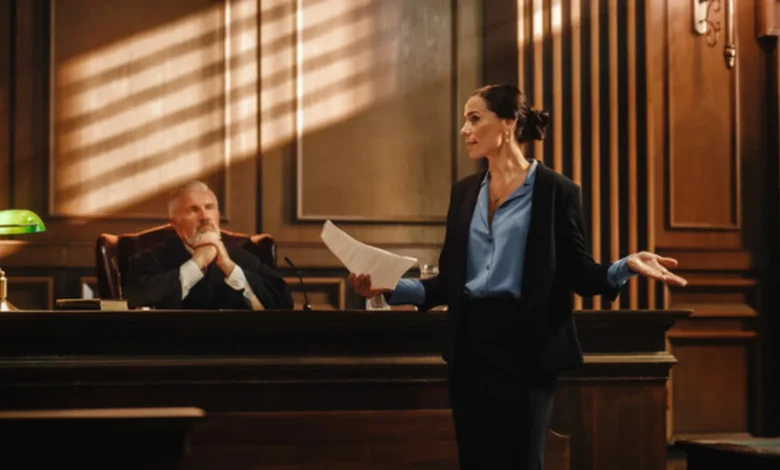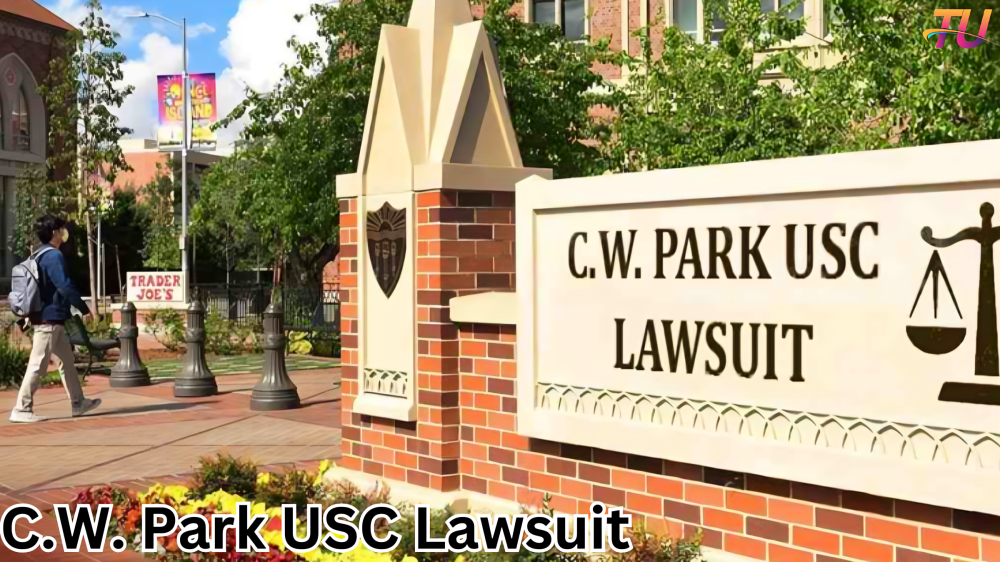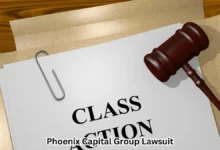C.W. Park USC Lawsuit: An In-Depth Analysis

C.W. Park USC Lawsuit Situations related to universities in the legal framework appear to be soaked in controversy that can generates significant repercussions for universities and their various stakeholders. The C.W. Park USC lawsuit is an excellent example of the case that may be rather popular because of the complexity of the situation and the questions it concerns. In this article, we will overview the general information about the case, its major parts, as well as the general tendencies that concern universities and their policies according to this case.
Background of the C.W. Park USC Lawsuit
C.W. Park is a recognized personality linked to the University of Southern California (USC) who filed a case that triggered a unique interest from the scholars and the society. The roots of the case are found in claims that a very broad concern of responsibility, accountability, and power within organizations and, particularly, institutions are questioned today and how people are treated within academic environments.
Park, who has teaching experience and has made a lot to his academic discipline, complained that USC shirked its duties in regard to the certain occurrences that impacted him personally. The dismissal grievance has been accompanied by some legal action that the union has filed against the university through Prufrock and Company claiming negligence on the part of the university in providing adequate response mechanisms for handling those complaints and addressing the rights of its members.
Such claims are detrimental in academic institutions such as C.W. Park USC Lawsuit given the fact that reputations here are usually anchored on professionalism integrity and ethical practices. They do more than impact the two clients: the idea of the university as a safety and equality-inspired institution for all the students and employees is questioned. In this case, it is thereby pointed that there can be certain deficiencies in the institutional policies and these have led to debates about the required reforms.
Proceedings: Main Accusations and Legal Background

The accusations, C.W. Park USC Lawsuit presented in the lawsuit, concern various aspects of university management and administration. The first one is abuse based on the failure of USC to ensure students receive adequate support, and feel, safe to concentrate on their studies. But unfortunately, as pointed out by Park, this failure has led to emotional and/or professional detriment for which the administration could have intervened much earlier.
From the legal point of view, the case is punishable by the provisions of the law, statutes, and regulations on institutions of academic learning. For instance, Title IX according to which a non-discriminatory institution must take action to viously remedy discriminate in any of its faculty and address sexual harassment is likely to be a dominant feature in this case. Park’s claims may indeed indicate an even larger problem of compliance with federal statutes meant to safeguard learners in academic contexts.
Further C.W. Park USC Lawsuit, it also question the ethical responsibilities of the university administrators. From this cross-sectional treatment the administration gave its respond, or didnt gave it at all, to the grievances raised by Park can be surfaced a possible breach of fiduciary duty. This aspect of the case is quite interesting as it makes stakeholders to think about how much accountable universities are for their members’ welfare, in addition to academic.
The COSWA framework 3 also has implications for the organisation of higher education more generally.
The C.W. Park USC lawsuit is reflective of tendencies that depict most universities today as liable for their actions. Over the past few years, a large number of universities in the United States have found themselves legally fraught with difficulties provoking problems connected with discrimination, harassment, and the failure to address students’ concerns appropriately.
With more people such as Park coming out to champion organisational negligence, universities may be forced to become more active in ending these vices. This may include creating extensive sensitisation campaigns for all the senior staff in the universities including the faculty and the administrative staff, immediately launching full disclosure on most of the matters in the universities, and encouraging all the parties to be more disclose on their stands.
In addition, the result out of the lawsuit may act as a precedent for similar type of cases in the future. Should Park vindicate this, it will tell other institutions that they must put measures in place to protect individuals they represent. On the other hand, if C.W. Park USC Lawsuit is found guilty, it may deter other universities new reforms therefore leading to the stagnation of reform.
Conclusion: Some Static Analysis of the State of Computing Education for Women and Minorities.
C.W. Park USC Lawsuit is a crucial example of the concerns that modern universities have to deal with today. It sheds light more so on the importance of the Universities to review their policies from a legal standpoint but most importantly for their members, they need to enhance their ability to support their members right and proper welfare. Subsequently, all the observations are directed to USC to view its reaction concerning the accusations and probable alterations made.
Altogether, its implications are revolutionary for students, faculties, and members of a large academic community. This is a time to think about the structures in place for regulating institutions and a chance for change that will improve the learning process for all the stakeholders. In conclusion, the promotion of cultural responsibility, openness and cooperation should be the primary goal for the further development of the higher education system.
To sum up, the case of lawsuit against the C.W. Park USC Lawsuit is not mere a legal issue, but it symbolizes the changing dynamics of public awareness, need for institutional reforms, change and evolution in the growing uncertain world of universities. Therefore, while dealing with this case, stakeholders must call for happy future where academic institution’s members’ welfare and rights are valued.
